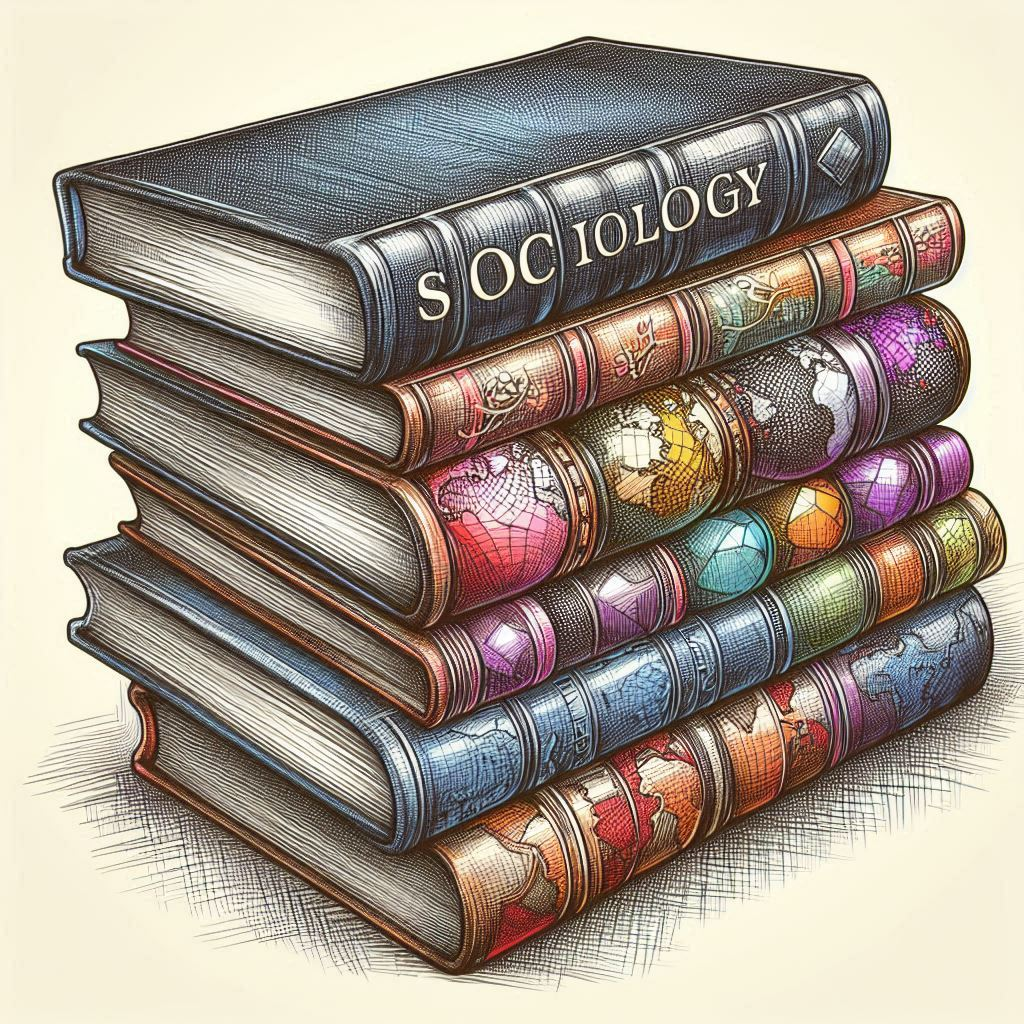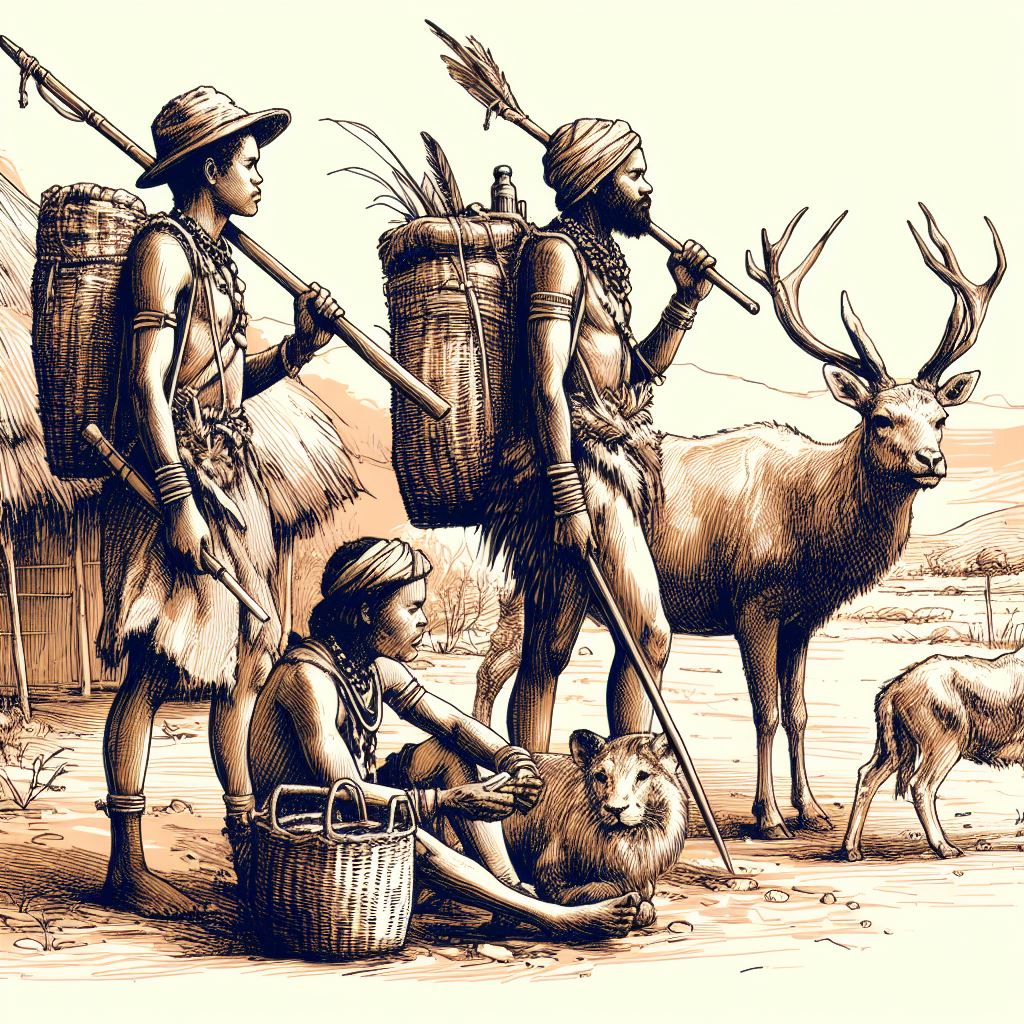Meaning
•What is socialisation? Socialisation is an important process for the functioning and continuation of society. Different societies have different ways and methods to train their new born members so that they are able to develop their own personalities. This training of and building the personality of the child is called socialisation.
•Socialisation is a process of learning rules, habits and values of a group to which a person belongs whether it is family, friends, colleagues or any other group.
•It is the process by which a child slowly becomes aware of her/himself as a member of a group and gains knowledge about the culture of the family and also the society into which she/he is born.
Definitions
Some Definitions of Socialisation
Anthony Giddens: “Socialisation refers to the process which transforms a
quite helpless human infant into a self-aware, knowledgeable person who
is skilled in the ways of their society’s culture.”
Peter Worsley: “By this is meant, simply, the transmission of culture, the
process whereby men learn the rules and practices of social groups.
Socialisation is an aspect of all activity within all human societies.”
Tony Bilton: “The process by which we acquire the culture of the society
into which we are born – the process by which we acquire our social
characteristics and learn the ways of thought and behaviour considered
appropriate in our society – is called socialization.”
Agencies of Socialisation
1. Family
Parents along with the family are the most important agents of socialisation. Within the family it is the mother who first begins to socialise the child.
Socialisation in basic values such as love and affection, manners and etiquettes are first taught in the family. Children learn their language and develop their speaking abilities in the family.
Regional and class differences of the family into which one is born affects the socialisation patterns in different ways as a result of which children from different cultural backgrounds grow up with different values, attitudes and beliefs.
The situation within the family whether affectionate or disturbed will affect the growth of a child accordingly.
2. Peer Groups
Peer groups usually consist of friends who are of the same age. They share a mutual sense of understanding and cooperation with each other and also consider each of them as equals.
Peer groups exert a significant influence on gender socialisation. Once children enter the school their peer groups become diverse. Children who become part of peer groups are usually seen spending more time with their friends than with family members. The influence of peers group continues throughout life from the neighbourhood to education institutions to workplace and so on.
3. School
The school is known to be the first formal agent of socialisation which shapes the ideas and attitudes of a child.
They learn ideas, skills and training in special fields.
Learn to follow and maintain discipline.
4. Mass Media
Traditional Media like TV, Radio, Newspapers, Magazines etc.
Modern day media like Social Networking Sites, OTT
These medium also influence learning and socialization of individuals to a large extent as these are used by majority of the population in modern times.
5. State
The Law and various other agencies of the state like administration, Police also impact the behaviour of individuals, thus contribute in his/her socialization.



This is really interesting, You’re a very skilled blogger. I’ve joined your feed and look forward to seeking more of your magnificent post. Also, I’ve shared your site in my social networks!